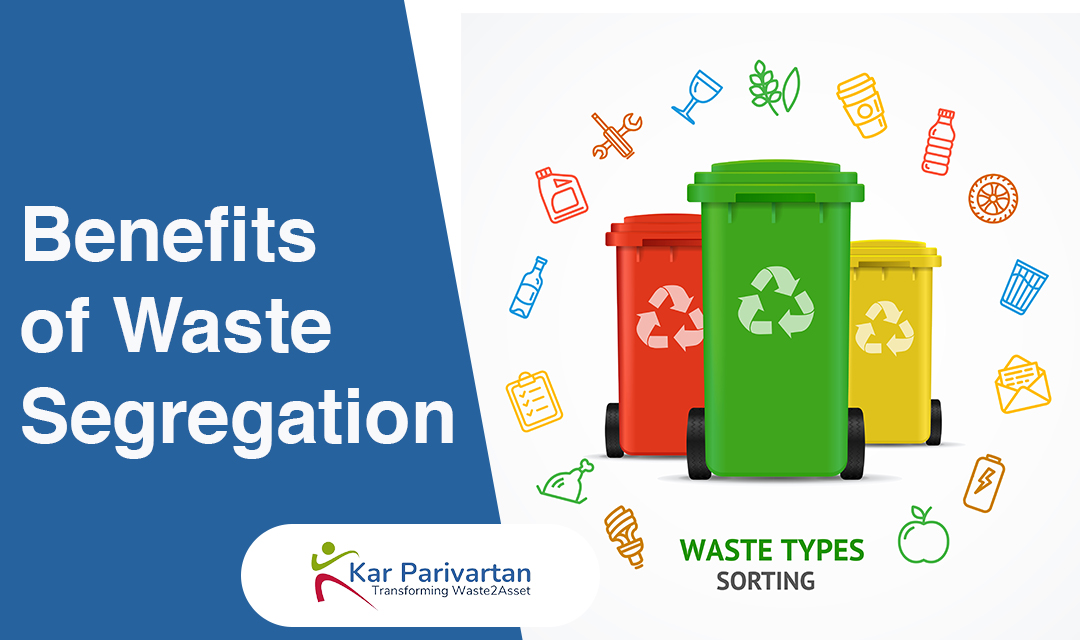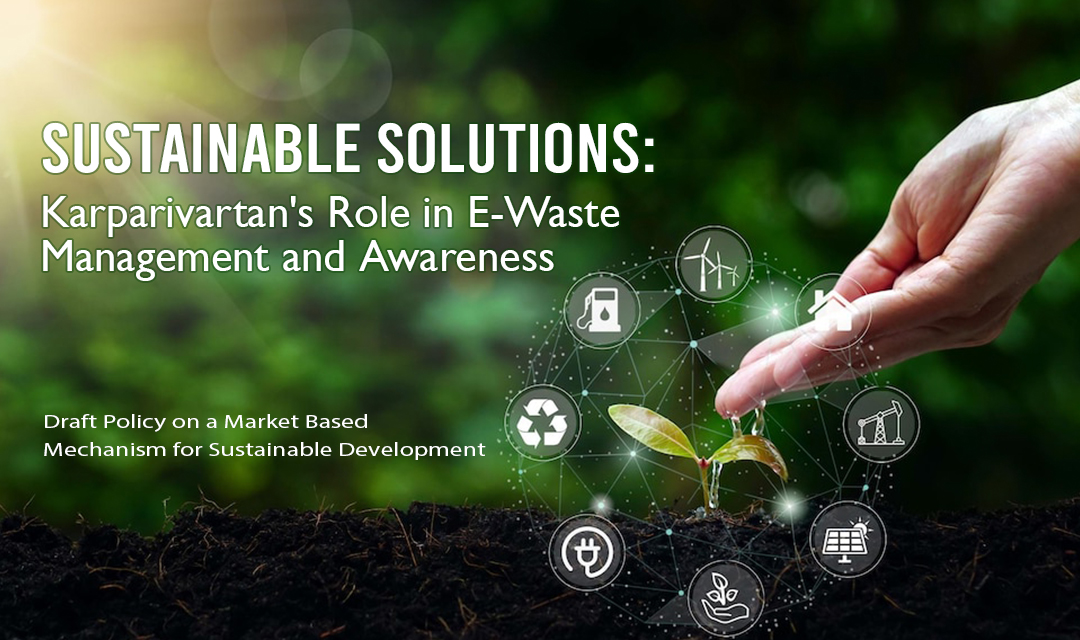Waste segregation, or the practice of separating different types of waste materials at the source, offers several benefits for individuals, communities, and the environment. Here are some of the key benefits of waste segregation:
- Efficient Recycling: Segregating waste makes recycling more effective and efficient. When waste materials are sorted into separate categories such as paper, plastic, glass, metal, and organic waste, it becomes easier for recycling facilities to process and recycle them. Segregated waste reduces the need for additional sorting and processing, leading to higher recycling rates and less waste ending up in landfills.
- Reduced Environmental Impact: Waste segregation plays a crucial role in reducing the environmental impact of waste disposal. By separating recyclable materials from non-recyclable ones, valuable resources can be recovered and reused, reducing the demand for raw materials extraction. It also minimizes the amount of waste that is incinerated or sent to landfills, which can have harmful effects on air, soil, and water quality.
- Cost Savings: Proper waste segregation can lead to cost savings for waste management systems. Recycling materials are often cheaper to process and handle than mixed waste. By segregating waste, municipalities and waste management companies can save on transportation, processing, and landfill costs. These savings can be passed on to communities and individuals through reduced waste management fees.
- Promotes Circular Economy: Waste segregation supports the concept of a circular economy, where resources are kept in use for as long as possible. By separating waste into different streams, materials can be recycled, repurposed, or transformed into new products. This reduces the dependence on finite resources, conserves energy, and minimizes the environmental impact of production processes.
- Health and Hygiene: Segregating waste helps improve public health and hygiene. Proper disposal of hazardous waste, such as chemicals, batteries, or medical waste, prevents their mixing with regular waste and potential harm to human health or the environment. Separating organic waste reduces the production of foul odors and the attraction of pests, promoting cleaner and healthier surroundings.
- Education and Awareness: Waste segregation promotes education and awareness about responsible waste management. It encourages individuals and communities to understand the impact of their waste generation and the importance of adopting sustainable practices. By actively participating in waste segregation, people become more conscious of their consumption patterns and are motivated to reduce, reuse, and recycle.
- Job Creation: Effective waste segregation and recycling systems can create employment opportunities. Recycling facilities, waste management companies, and related industries require a workforce to handle and process segregated waste. This can contribute to local economic development and job creation in the waste management sector.
Waste segregation is an essential step towards sustainable waste management practices. It offers multiple benefits, including increased recycling rates, reduced environmental impact, cost savings, promotion of circular economy principles, improved public health, and community education. By embracing waste segregation, individuals and communities can make a positive contribution towards a cleaner and more sustainable future.




